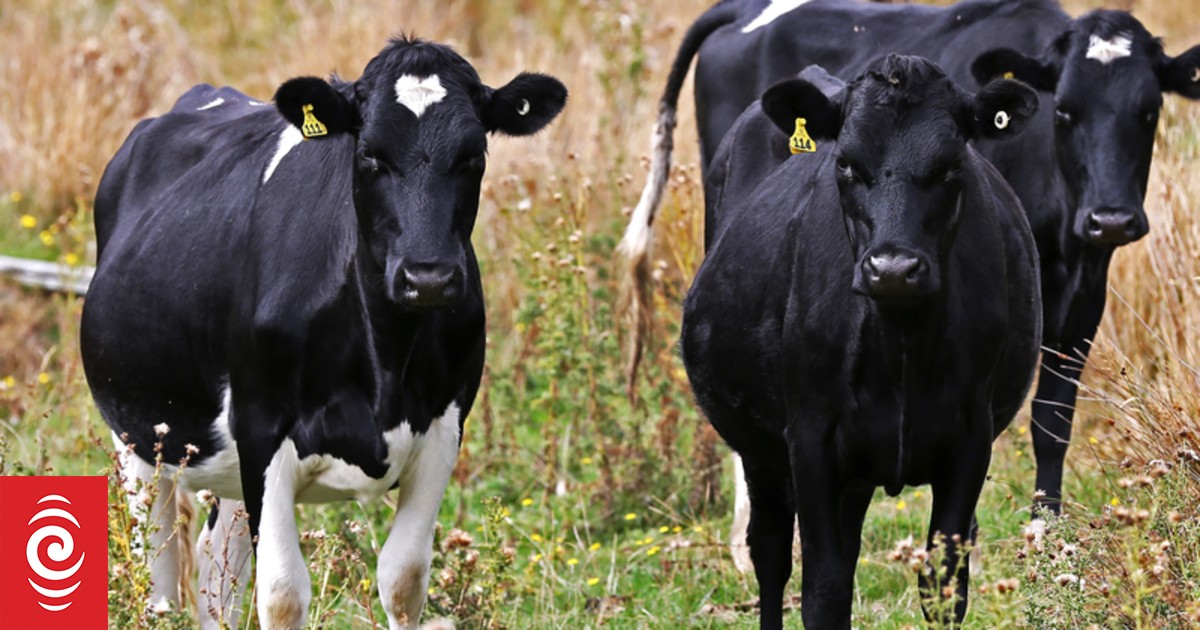Photo: RNZ / Alexander Robertson
A buoyant rural economy has boosted the Livesock Improvement Corporation’s (LIC) profits, with the co-op also feeling upbeat about the long-term outlook.
The artificial breeding and herd testing co-operative’s bottom-line profit for the year ended May was $30.6 million, compared to last year’s weakened profit of $7.7m, due to a bad batch of bull semen and weaker economic conditions.
Its total revenue was up 10 percent to $295.1m as farmer owners invested more in their herds, supporting a near 15 percent rise in underlying earnings.
LIC chief executive David Chin said the result was a reflection of the strong agricultural sector.
“When [farmers] have a bit of a tailwind, which we’ve had in the last 12 months, they take the opportunity to invest in their long-term future and get some better genetics into their herd and do a bit more animal health testing,” Chin said.
He felt positive about what lay ahead.
“It might not reach the heights that it has been, but it’ll be fairly good,” Chin said.
“Having just recently come back from Europe and North America, there’s a lot of pressure on the national herds over in those jurisdictions.”
Chin said it boded well for New Zealand.
“We see [global] production being predominantly flat, so that should keep prices fairly buoyant in the next wee while,” he said.
LIC said from the 2025/26 year, it was planning a multi-year investment into customer-facing systems and process improvements, and said its bottom line would be affected due to the costs.
Sign up for Ngā Pitopito Kōrero, a daily newsletter curated by our editors and delivered straight to your inbox every weekday.
